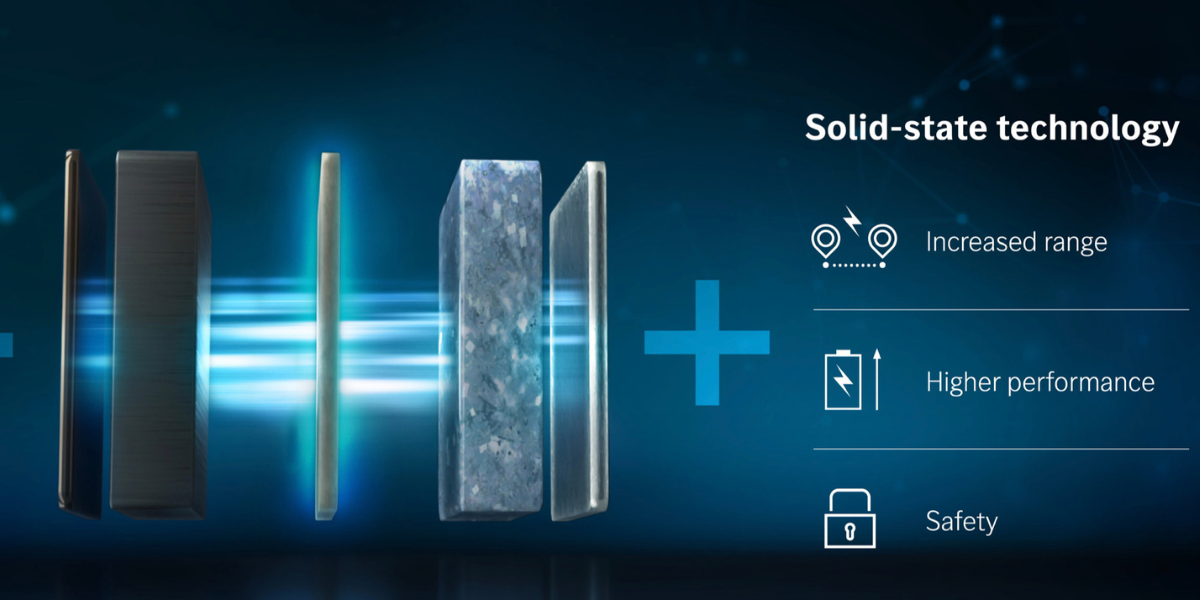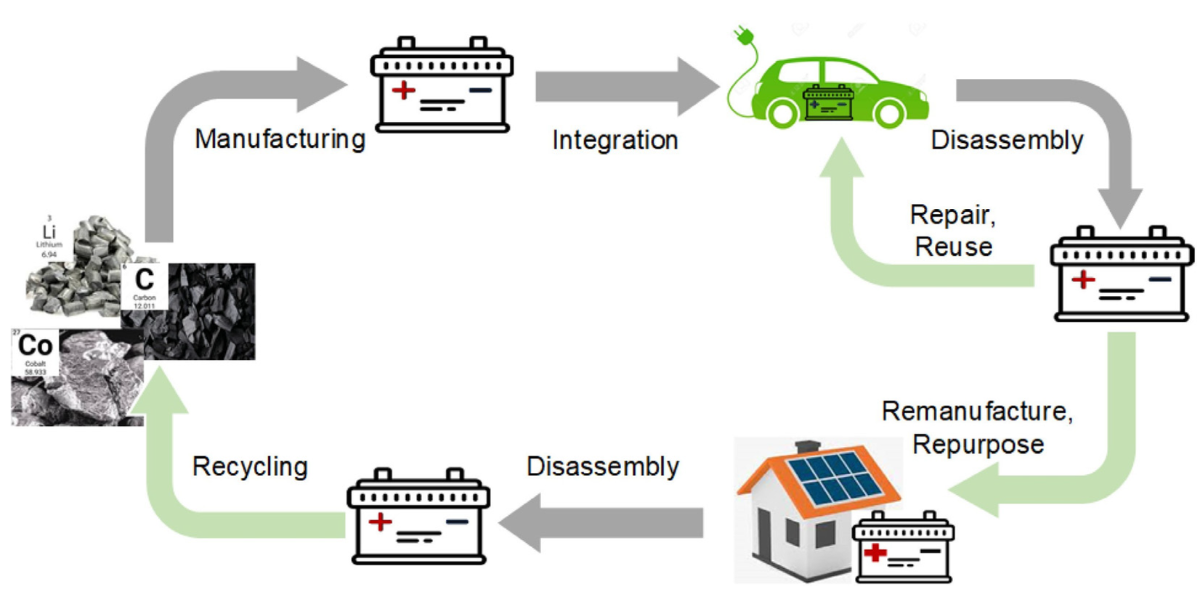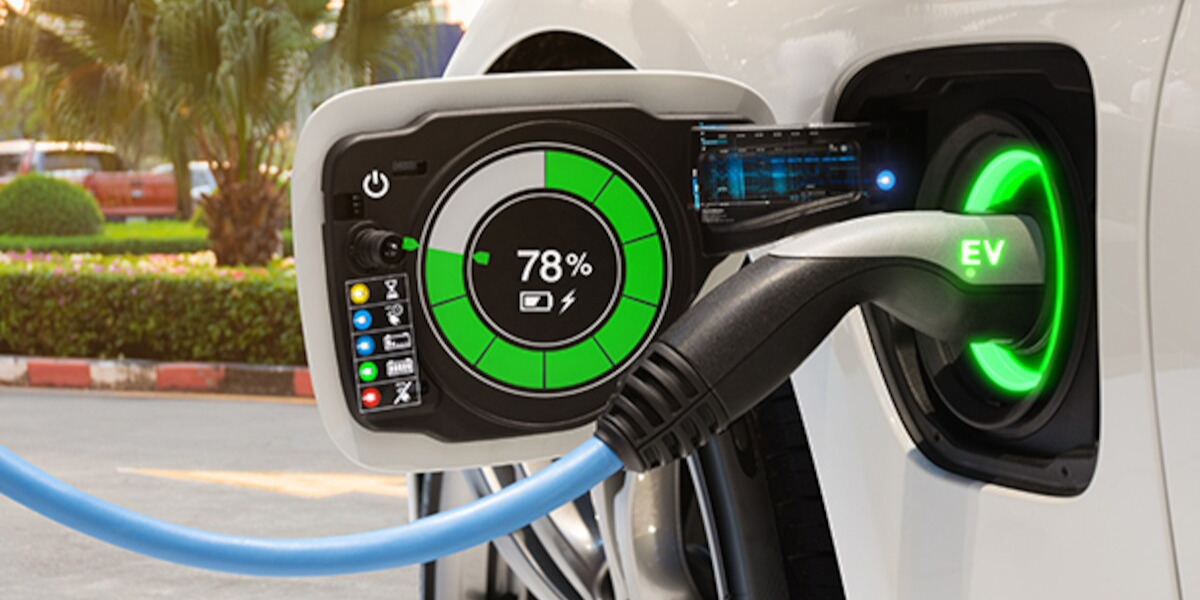Loading component...
AI in the Automotive field: the current scenario
In recent years, a powerful force has emerged to further revolutionise this field: artificial intelligence (AI). AI is driving transformative change in the automotive industry, influencing vehicle design, manufacturing, safety, autonomy, and the overall driving experience.
AI-Powered Design and Manufacturing
AI has played a significant role in vehicle design and manufacturing by optimising processes and increasing efficiency in a variety of ways.
AI algorithms optimise vehicle design by analysing large datasets. They take aerodynamics, weight distribution, and safety into account to design vehicles that are sleeker, safer, and more fuel efficient.
AI helps predict supply chain disruptions and optimise inventory management. This reduces production delays and costs, resulting in a more efficient manufacturing process.
AI computer vision systems provide unparalleled precision in inspecting vehicles for defects. They can detect even the smallest imperfections in real time, ensuring that only flawless vehicles reach customers.
AI-Enhanced Safety and Driver Assistance
One of the most significant developments in the automotive field is AI's role in improving vehicle safety and driver assistance, with advancements such as:
AI algorithms analyse sensor data, including radar and cameras, to detect potential collisions. In critical situations, these systems can apply the brakes or take evasive action to avoid accidents.
AI-powered adaptive cruise control maintains a safe distance from the vehicle ahead and adjusts speed based on traffic conditions.
AI-based lane-keeping systems help vehicles stay in their lane, reducing the risk of unintended lane departures.
Autonomous driving is the ultimate goal of artificial intelligence in the automotive industry. While fully autonomous cars are still in development, many vehicles now include semi-autonomous features such as self-parking and highway autopilot.
AI and the In-Car Experience
AI is transforming the in-car experience for both drivers and passengers.
AI-powered voice assistants such as Siri and Google Assistant enable hands-free control of navigation, music, and calls in modern vehicles.
AI algorithms personalise infotainment recommendations based on user preferences, enhancing the driving experience.
Predictive Maintenance: AI can predict vehicle maintenance needs, reducing downtime and repair costs.
How is Artificial Intelligence Changing the Future of the Automotive Industry?
The automotive industry is heavily investing in AI, which is causing a profound shift in the future of automobiles. Automotive companies are using machine learning algorithms to improve the quality of data required for autonomous driving systems, allowing self-driving vehicles to operate more precisely and safely. AI is also aiding the automotive industry's transition to eco-friendliness, with companies manufacturing electric vehicles using AI technology. These recent developments highlight the significant impact of AI on the automotive industry. Furthermore, AI plays a critical role in improving driver convenience and safety. AI-powered features such as automatic braking and blind-spot detection are becoming standard, making driving more convenient and lowering the risk of an accident. As artificial intelligence evolves, it promises a future in which vehicles are not only smarter, but also safer and more efficient.
Embracing 5G connectivity: 5G is a recent internet innovation that has the potential to transform the automotive industry. Its connectivity capabilities can establish a digital bridge, allowing devices and people to communicate while commuting. When combined with AI, it can provide an enhanced driving experience. The car's entertainment system can be transformed into an informative system that responds to drivers' voice commands and provides technical information about the vehicle's performance and fuel level.
AI Integration in Automotive Operations: Artificial intelligence (AI) can automate a variety of manufacturing and sales processes. It can provide salespeople with valuable data about potential clients' journeys, allowing them to optimise their sales processes, increase conversion rates, and cut costs.
AI-enabled cars can detect and predict traffic behaviour, improving safety during road trips and commutes.
Personalised Vehicle Experiences: Artificial intelligence in automobiles enables a personalised driving experience. For example, Porsche provides a "Recommendation Engine" powered by machine learning that recommends vehicle packages based on individual driver preferences.
Automotive companies recognise AI's potential to drive innovation. AI systems are now used in the design and development of body parts and engines, resulting in unexpected solutions. This suggests that future AI-driven innovations could overcome the automotive industry's perceived limitations.
Benefits of AI in the Automotive Industry
AI in automobiles can provide numerous benefits if properly integrated into the automotive industry. AI can open up new opportunities and possibilities. The development of new methods can reveal previously unknown benefits.
Improved Safety: Artificial intelligence systems such as lane departure warnings, autonomous emergency braking, and adaptive cruise control improve road safety by alerting drivers to potential hazards and taking preventive measures, thereby reducing accidents.
AI and IoT enable predictive maintenance by monitoring vehicle data and alerting managers to potential issues before they become major problems, improving vehicle performance and lowering maintenance costs. AI-powered infotainment systems offer personalised experiences for passengers and drivers, including smart voice assistants that understand regional languages, play music, guide routes, and adjust vehicle settings, leading to safer and more enjoyable journeys.
Autonomous Driving: AI-powered autonomous vehicles have the potential to transform the automotive industry by lowering accidents, increasing mobility, and improving traffic flow, particularly for people who have mobility issues.
AI optimises manufacturing processes, improves supply chains, and identifies potential vehicle issues, leading to cost savings across operations, including design and manufacturing.
Overall, AI advancements have made a significant contribution to the growth of the automotive industry, changing how we interact with and drive vehicles.
Challenges and Ethical Considerations
While the advantages of AI in the automotive industry are obvious, challenges and ethical concerns must be addressed.
Data Privacy: AI systems in vehicles collect massive amounts of data, including location and driver behaviour. Ensuring the privacy and security of this data is critical for preserving consumer trust.
Strong regulatory frameworks are necessary for developing and deploying self-driving vehicles. Governments worldwide are developing legislation to address the safe use of AI in transportation.
The rise of autonomous vehicles may lead to job displacement in driving-related industries like trucking and delivery. Preparing the workforce for these changes presents a significant challenge.
Ethical Dilemmas: Autonomous vehicles may face ethical quandaries in situations where human lives are at stake. Decisions about who or what to prioritise in such situations must be made.
AI has already caused significant transformations in the automotive industry, and its impact will only increase in the coming years. From improving safety and convenience to lowering emissions and increasing energy efficiency, AI is poised to transform how we interact with and perceive automobiles. To maximise the benefits of AI in the automotive industry while addressing the associated challenges, stakeholders such as automakers, governments, and consumers must collaborate. Ensuring strong regulations, protecting data privacy, and assisting with workforce transition will be critical as we navigate this exciting and transformative era of AI in the automotive industry. As technology advances and artificial intelligence (AI) is increasingly integrated into vehicles, we can envision a future in which our cars are more than just modes of transportation, but intelligent, eco-friendly companions who improve our lives while contributing to a more sustainable and safer world. The future of AI in the automotive industry is bright, and it promises to be an exciting journey for everyone.



